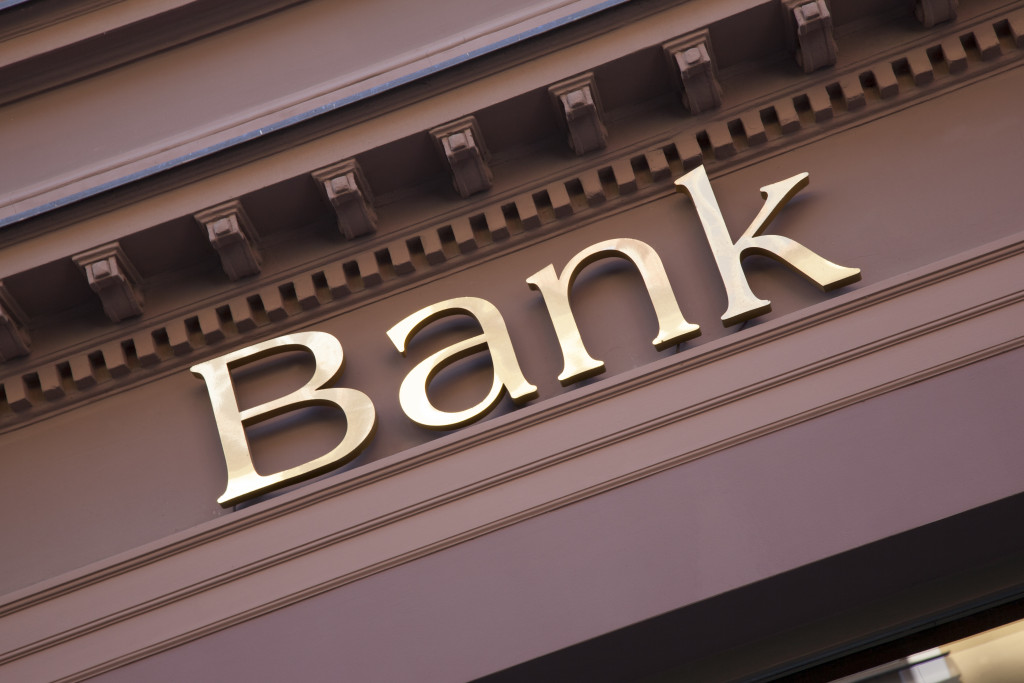Being unbanked means that an individual has no accounts in any banks, which means they use other financial services such as payday loans, pawnshops, money orders, or check-cashing services when they need money. On the other hand, being underbanked means that although they have at least one bank account, the individual still relies heavily on alternative financial services.
While it’s fairly easy to create a bank account and use the services that come with it, not everyone is fortunate enough to be financially literate. Therefore, they may not realize that they could be losing more money by staying unbanked or underbanked. Here are five disadvantages that you should know of:
Disadvantage #1 Expensive Fees on Alternative Services
One of the most common reasons for remaining unbanked is that some people associate having accounts with expensive fees. But on the contrary, these individuals may be spending more money on the fees or interests in check cashing, money orders, and other alternative financial services.
This may be because the fees of bank transactions aren’t as visible as those in alternative financial services. For instance, while the transaction fees for money orders or check-cashing are displayed on the walls of the service provider, the fees for bank transactions are usually hidden in the fine print or on online platforms.
But this doesn’t mean alternative financial services are cheaper. There are direct and indirect costs that unbanked or underbanked individuals have to pay whenever they use alternative services, which they could have saved instead.
Disadvantage #2 Lack of Access to a Credit Line
While prepaid cards may seem practical to the unbanked or underbanked, they do nothing to help the individual build credit. Without this history of timely transactions and good credit scores, they can’t access loans in the future. Plus, this lack of credit history can also hurt other aspects of their life, such as getting hired for a job, applying for insurance, or securing a rental home.
Additionally, prepaid cards can come with higher transaction fees. For example, the individual would have to pay an activation fee before using the card. There are also transaction fees for making deposits, withdrawals, and other traditional bank services.
Disadvantage #3 Difficulty in Making an Emergency Fund

Having an emergency fund is one of the foundations of financial freedom. It can save an individual from worrying about where to get money for their day-to-day needs on the off chance that they lose their primary source of income or need to pay expensive medical fees upfront. This should last them at least three to six months with no issues.
However, not having a bank account can dampen this financial security because it can be challenging to save money within arm’s reach. If they choose to keep the money at home or in their prepaid cards, it would be too easy to spend the money. But if they kept it inside a savings account, the money could earn interest over time, and they would still have easy access to it when needed.
Disadvantage #4 Vulnerability to Theft and Burglary
If the unbanked or underbanked individuals choose to keep their money at home instead of in a bank, they’ll be more vulnerable to theft and burglary. This means that if someone breaks into their home and gets to their secret stash, they could potentially lose all their savings in one go. Although the chances of that are low, it’s still a very likely possibility.
But if they were to keep their emergency fund inside a bank, it would be protected by the financial institution. Of course, there are still some risks to its safety. But it has a much lower chance of being stolen inside the bank than if it were just stashed under the bed or inside a pillowcase in the cabinet.
Disadvantage #5 Inconvenience of Traditional Methods
In the digital age, not having access to online banking and other alternative payment methods can be such an inconvenience. This only means that the unbanked or underbanked can’t enjoy benefits such as paying cashless when online shopping or seamlessly transferring money to other people.
Instead, they still have to carry around bills and coins wherever they go because they don’t have a card they can pay with. They also need to encash checks or take out payday loans whenever they need money because they don’t have access to online banking services.
Understandably, not everyone has the privilege of opening and maintaining accounts at banks. But that doesn’t mean they can’t start to build their credit or make use of modern financial services at all. If these individuals truly want to become more financially free, they’ll have to find alternative ways to do it without remaining completely unbanked or underbanked.

